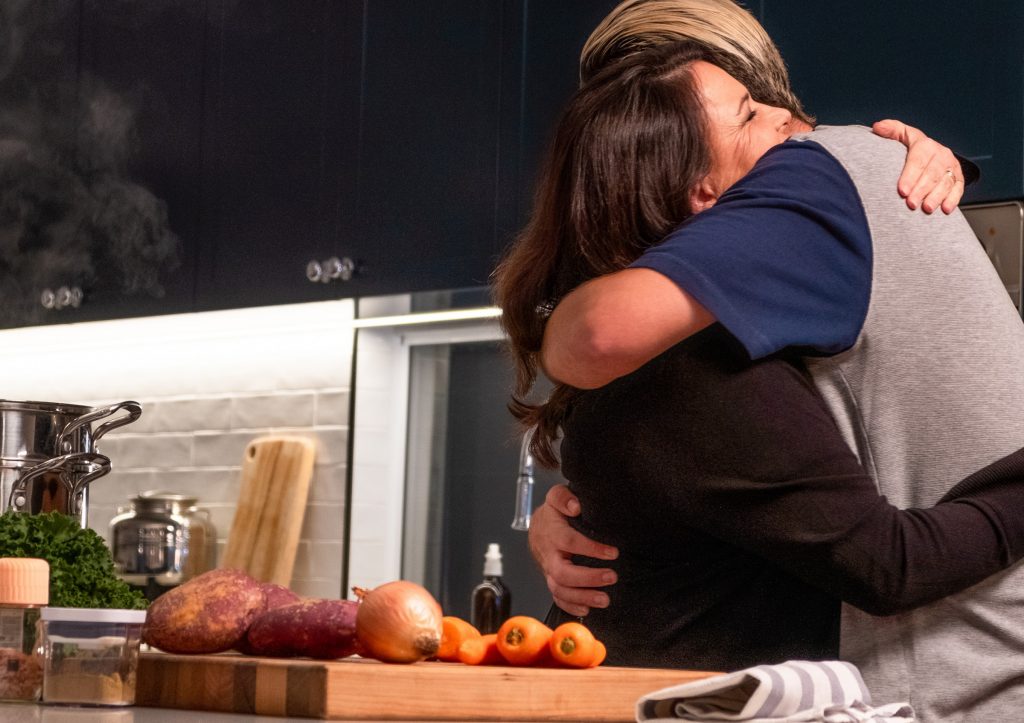Need to talk?
Ask to speak to one of specialist breast care nurses or counsellors on (08) 9324 3703. If you prefer, you are welcome to email any questions or concerns through to [email protected].
FAQs
Can I access individual counselling as a partner?
Yes – just call the number below and we can arrange support for your individual needs.
What are some first steps I can take to help my partner?
- Listen – you don’t necessarily need to have any answers.
- Women who have been newly diagnosed with breast cancer often suffer from insomnia. If you are happy to be woken up physically or by telephone in the early hours of the morning, tell her that!
- Offer support – but don’t necessarily wait to be asked. Some people find it hard to ask for help, but a home-cooked meal wouldn’t be rejected.
- Let them know you care.
- Provide some practical help. – offer to drive her to appointments, clean the bathroom, pick up the children from school, etc. Listen for clues of how to help.
What can I do to take care of myself during this time?
- Be kind to yourself – acknowledge that you are human and don’t have all the answers.
- Ask for help when you need it.
- Take care of your own health. You will need to be fit if you are going to travel the journey with your loved one.
- Find a trusted friend or relative who can help support you.
- If there are children, include them. Give them as much information as is reasonable for their age. Children are quick to pick up when something is not right.
- Keep the school or child care centre informed about what is happening so that staff can be aware of special needs.
- Similarly, inform someone in your workplace, perhaps a supervisor or close colleague.
- Try to have balance in your life – maintain family life as much as possible
Is there a support group available for partners?
Yes, we have a Partners’ Support Group which meets four times a year in Cottesloe. Ring (08) 9324 3703 to have a brochure sent to you, or to speak to our coordinators about joining.

